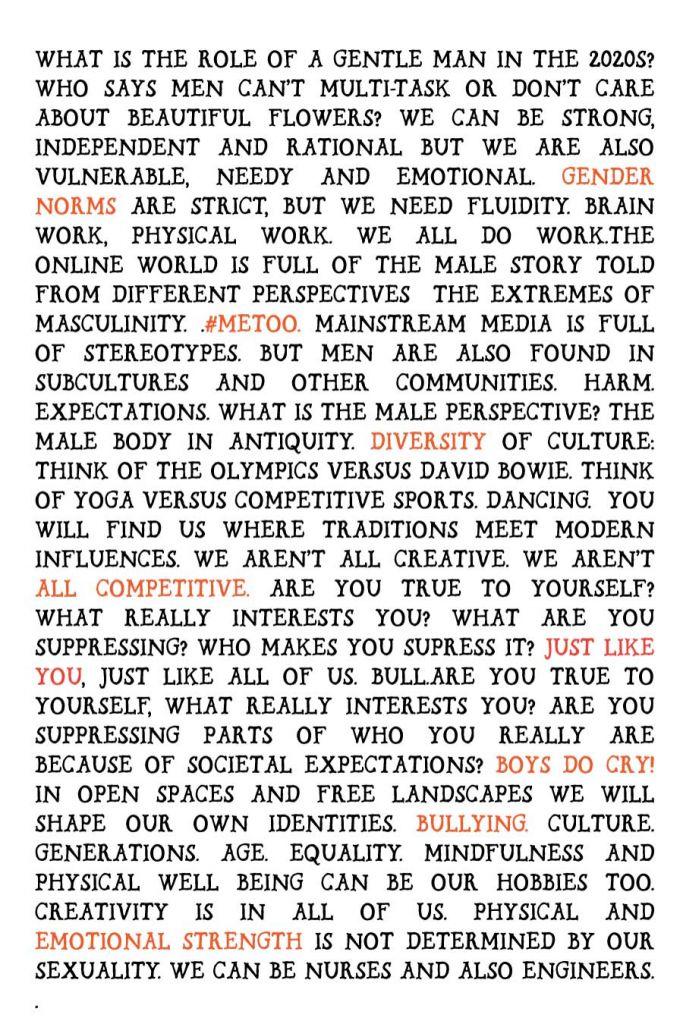I came across Poikien Talo during a visit with my school. I still remember the first impression when I walked in with my classmates; the welcoming feeling from the way the staff received us, along with the cosy and relaxed atmosphere created by the way the space was arranged and decorated.
By the end of the visit I felt that I strongly identified with the organisation’s values and framework, and that I would like to be involved in some way. Therefore, I applied to become a volunteer and that’s when my cooperation with Poikien Talo began. From the beginning, at the interview and the education session for volunteer workers, I recall the presence of safety and reliability. Later I also felt it present in the open activities for the youth.
Last January I had the opportunity to start a 10-week training period at Poikien Talo, as part of my studies in the Degree Programme in Social Services at Laurea University of Applied Sciences. The week before the start of my training, I went to see a photography exhibition involving Poikien Talo, which was called ”Välähdyksiä – Mielenmaisemia ja matkoja lapsuudesta aikuisuuteen.” The artwork on display showcased an interesting and diverse array of interpretations of defining masculinity. There, I found the following work. It strongly resonated with me, and I consider it to describe very well the gender sensitive work approach taking place in this organisation.

From my childhood to adulthood and to the present day, it can still be heard “Be a man, boys don’t cry!”, or in football if a male player complains after a violent and hard tackle “Shut up and stand up, football is not for girls!”, however Women’s professional football is already a reality these days. I like the way the art piece above challenges several preconceived notions of the male gender roles revealing an array of needs, feelings and emotions that are transversal to people regardless of their gender.
Throughout my life, I have also had to cope with the dilemmas and contradictions from the expectations and, rather than often, inflexibility imposed by gender related social norms. There have been as well, significant changes that have turned certain norms more flexible. However, the conflict between the “old” and the “new” is still present, it still conditions people into accepting and feeling accepted for who they are, and in the worst cases of feeling excluded for that.
When I think about Poikien Talo, I think about a safe space, where the youth have the opportunity to be themselves in a discrimination free environment. It’s a place that allows its visitors to be heard, but also to hear what others have to say.
It was embedded in these principles, that throughout my training period, I have given my contribution and participated in the activities along with the visitors and staff and witnessed the positive outcomes of such a working framework.
Rui Matos
Kirjoittaja oli Poikien Talolla harjoittelussa osana opintojaan ja tuli tunnetuksi kaikille meille hymystään ja todella maistuvasta kasvissosekeitostaan

